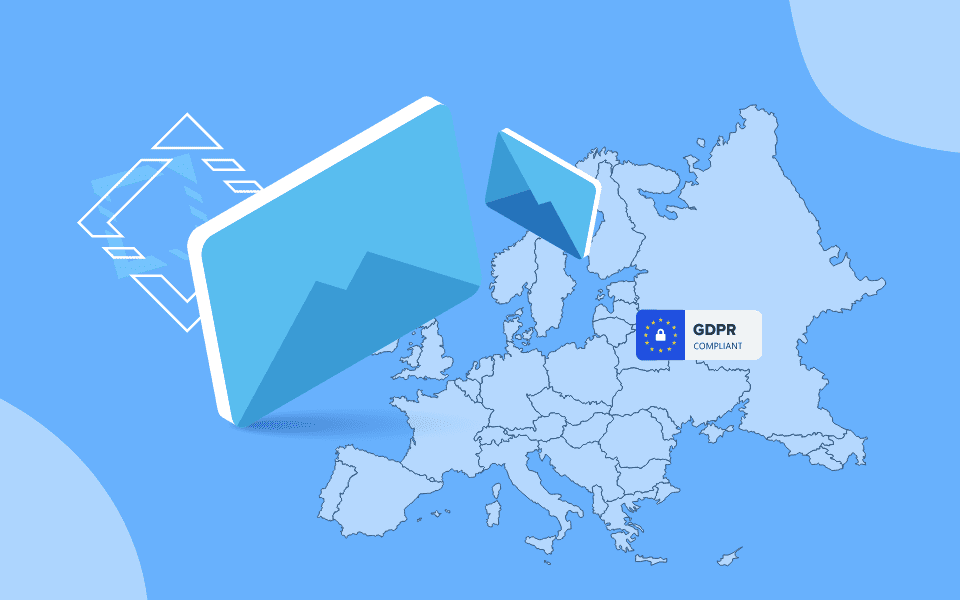DataCaptive | Privacy Center | Resources | Your Data Rights under GDPR with DataCaptive
Your Data Rights under GDPR with DataCaptive
At DataCaptive, safeguarding your data is paramount. Explore your rights regarding your information in our database by reviewing the details below.
Our personal information is likely omnipresent.
From online services to tracking mechanisms, our data is constantly in circulation. To safeguard the privacy and personal data of EU residents, the General Data Protection Regulation (GDPR) came into effect on May 25th, 2018.
GDPR aims to protect “personal data,” encompassing identifiable information like names, emails, addresses, and even less apparent data such as GPS location or IP address. It dictates how companies, irrespective of their location, handle EU personal data while empowering individuals with specific rights over their data.
Here, we explore your rights under GDPR with DataCaptive, ensuring transparency and accountability in data processing.
Understanding Your Rights
1. Right to Information
What it means:
You have the right to be informed when your personal data is collected, including the purpose of processing, data retention duration, and potential sharing.
How it works:
DataCaptive ensures transparency by informing individuals through clear privacy policies before data collection.
2. Right of Access
What it means:
You can request access to your personal data, including additional information about its processing.
How it works:
Submit a Data Subject Access Request (DSAR) verbally or in writing to access your data. DataCaptive provides guidance on submitting requests and responds within one month.
3. Right to Rectification
What it means:
Individuals can rectify inaccurate or incomplete personal data.
How it works:
Request rectification verbally or in writing. DataCaptive ensures prompt correction of inaccuracies, along with the option to restrict data processing during rectification.
4. Right to Erasure (Right to be Forgotten)
What it means:
You can request deletion of personal data under specific circumstances, including fulfilled processing purposes or withdrawn consent.
How it works:
Exercise the right to erasure verbally or in writing. DataCaptive promptly deletes data meeting erasure criteria, ensuring compliance with your requests.
5. Right to Restriction of Processing
What it means:
Individuals can temporarily restrict data processing under certain circumstances, such as accuracy verification or legal claims.
How it works:
Submit a request for restriction verbally or in writing. DataCaptive adheres to restrictions and notifies individuals before lifting them.
6. Right to Data Portability
What it means:
You can obtain and reuse your personal data for other services, with the option for direct transmission to another service provider.
How it works:
Submit a request for data portability verbally or in writing. DataCaptive facilitates seamless transfer of personal data, promoting data mobility.
7. Right to Object
What it means:
Individuals can object to personal data processing, especially for marketing purposes or when based on legitimate interests.
How it works:
Submit an objection verbally or in writing, providing specific reasons if based on legitimate interests. DataCaptive respects objections, except in compelling circumstances.
8. Right to Object to Automated Decision-Making and Profiling
What it means:
You can object to solely automated decisions, including profiling, that significantly affect you.
How it works:
Submit a request to avoid automated decision-making verbally or in writing. DataCaptive ensures transparency and offers avenues for intervention and explanation.
DataCaptive's Commitment
Disclaimer:
The content provided is for informational purposes only and should not be construed as legal advice.







